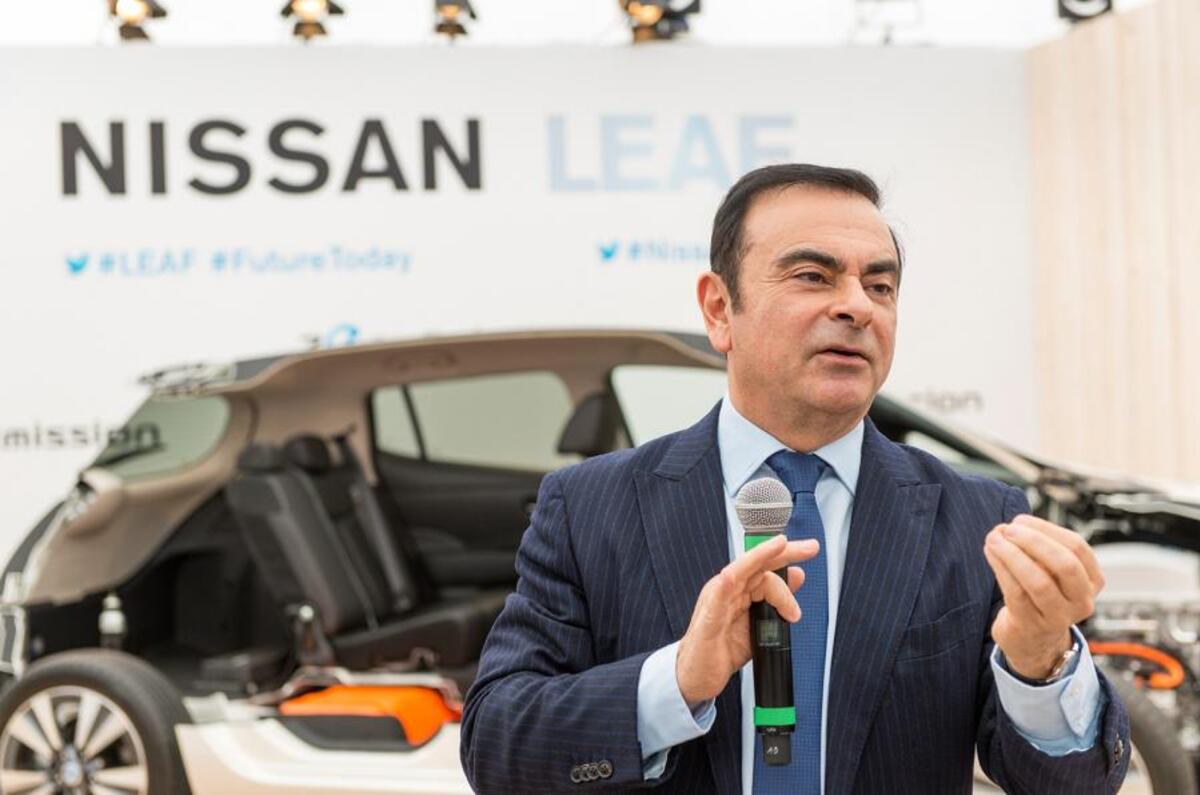Renault boss Carlos Ghosn believes car companies will have to focus on the development of “cheap and frugal” electric cars for the Chinese market, where expensive zero-emissions cars are currently failing to find favour.
Ghosn confirmed that the company is working to advance cheap EV technology in China in conjunction with its joint-venture partner, Dongfeng.
The Dongfeng-Renault Automotive Company will build an electric vehicle based upon the Renault Fluence at the new plant in Wuhan, China. However, unlike the Renault Kadjar currently being made at the facility, the EV will wear a Dongfeng badge. The underpinnings of the car will be shipped from Korea in CKD kit form and assembled at Wuhan.
When asked by Autocar what part electric vehicles would play in his strategy for China, Ghosn said: “At the moment it is very limited because the electric car market in China is very low. The EVs that are sold here are very cheap electric cars. Cars that are a little bit more sophisticated and a higher price are not selling well.
“The Nissan Leaf is sold in China,” he said. “It is a very nice car but it is selling a few hundred per month. We envision much bigger [sales] than that. We know that the price is a handicap; people are buying very cheap electric cars.
“Obviously, however, with very low performance you can manage that. So the question is, what is the best compromise between an acceptable performance and the lowest price possible? This is something that doesn’t exist today and we are willing to find a solution. I bet there is going to be a lot of development work on very affordable electric cars.”
The Chinese government has set an ambitious target of having five million electric and hybrid vehicles on its nation’s roads by 2020.
“The Chinese government wants more electric cars, so we say ‘yes, but the customer wants them to be cheap’ and there is a limit to how much of a [government] incentive they can put on every car,” explained Ghosn.
Like Ghosn, Renault’s chief competitive officer Thierry Bollore was guarded about endorsing the target of 5m electric vehicles by 2020 but added that any new government legislation could force a rapid pace of change among China’s car owners. He drew a parallel with a change in laws regarding electric scooters which resulted in owners dumping their petrol-powered scooters overnight.
“China is typically a market where things can move very suddenly. It could move very quickly if the government decided to make it a state project,” he said.




Join the debate
Add your comment
price of electric cars
Pollution
price